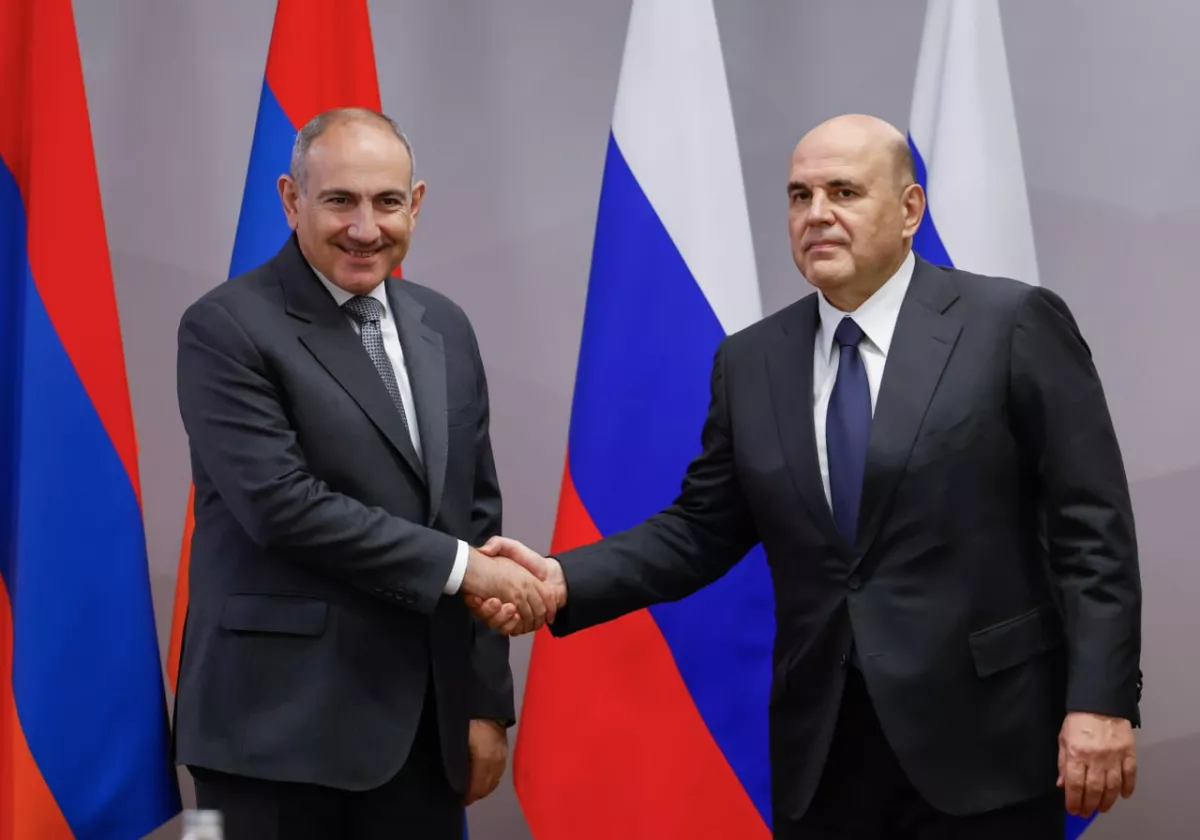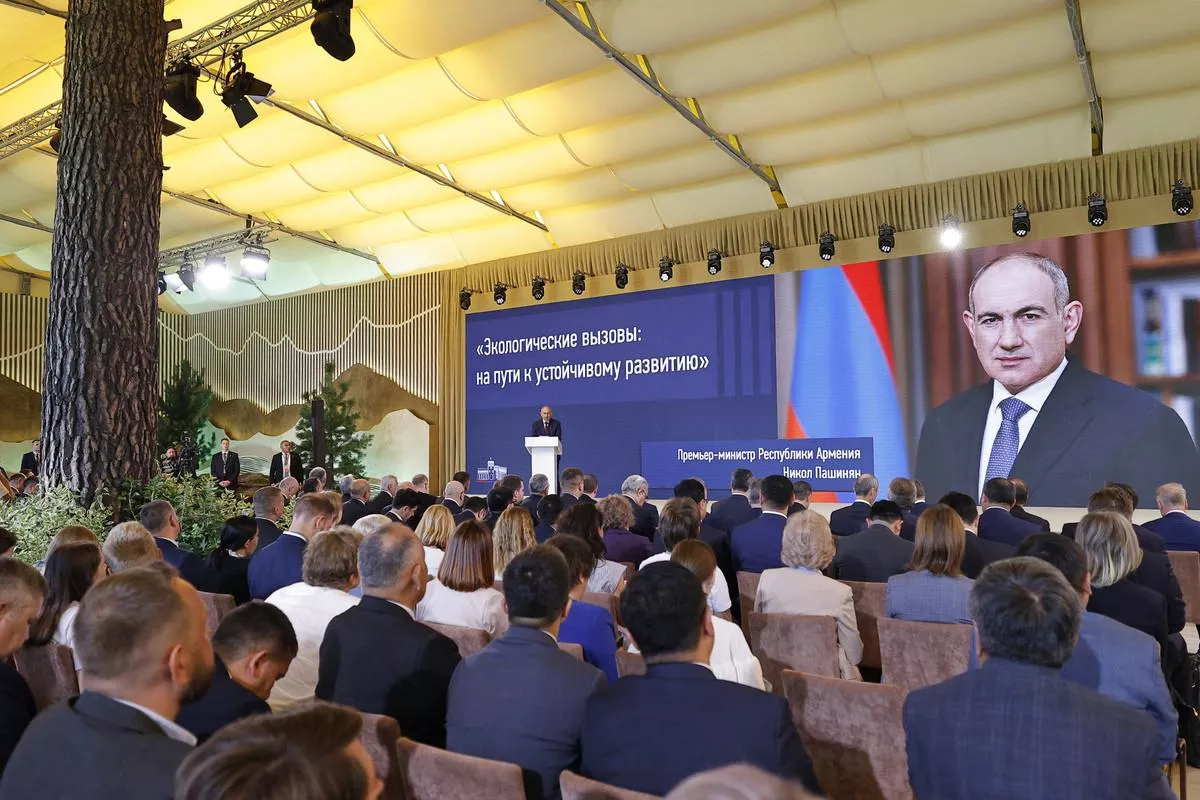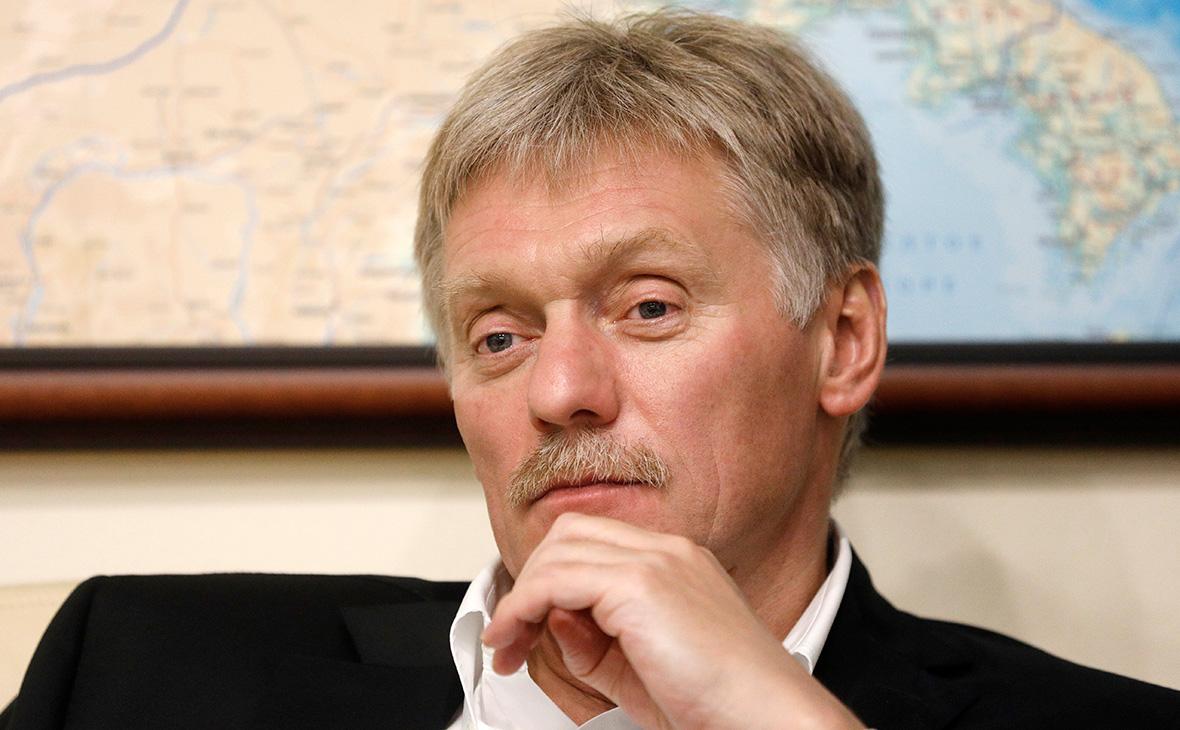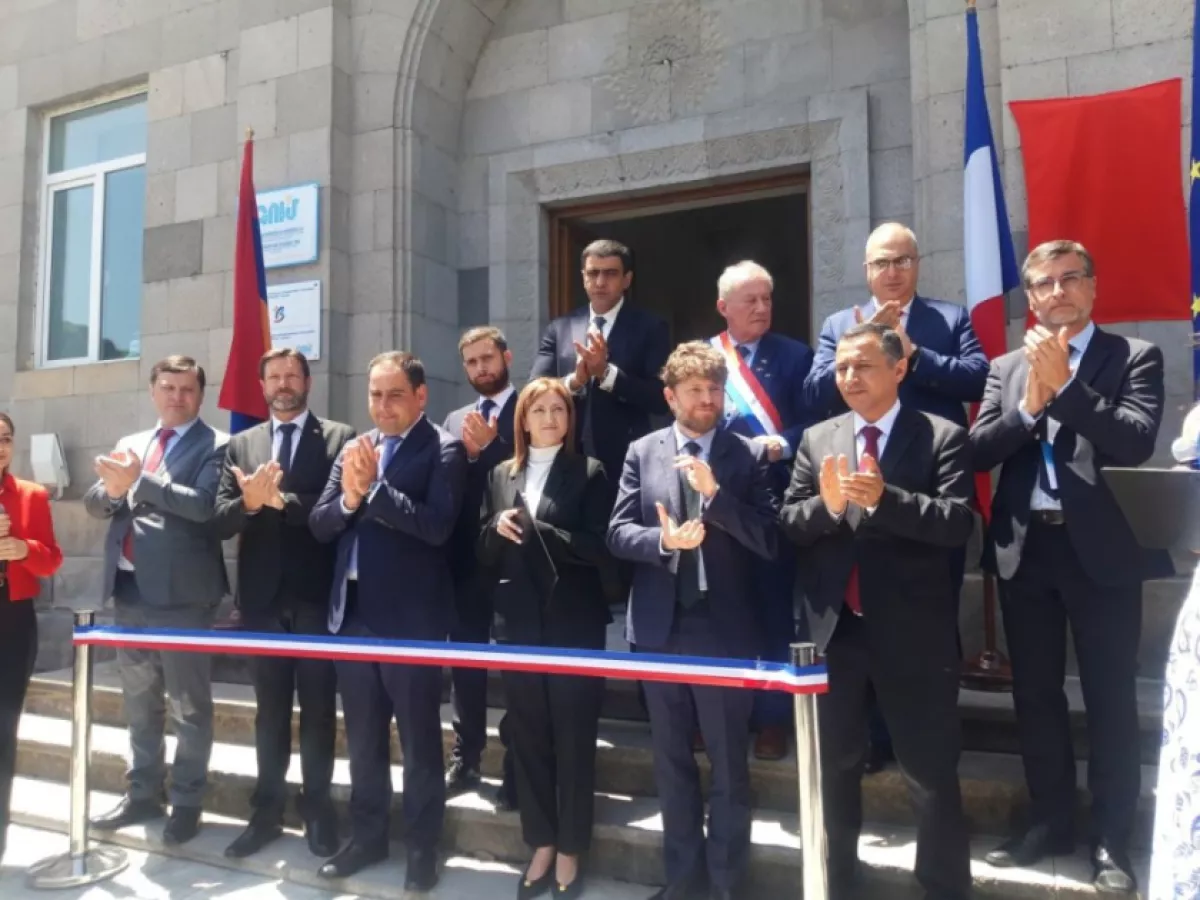Armenian PM’s visit to Russia PR optics and geopolitical realities
Armenian Prime Minister Nikol Pashinyan took part on July 24–25 in an international environmental conference held at the Russian all-season resort of Manzherok near Gorno-Altaysk. On the sidelines of this event, he met with the head of the Russian government, Mikhail Mishustin.

This visit by the Armenian premier became a key event in Armenia’s foreign policy agenda, especially considering the developments in the Russia-Armenia relations track, further complicated by the arrest of Russian-Armenian oligarch Samvel Karapetyan in Yerevan and Pashinyan’s accusations against Russia of attempting to organise a coup in Armenia.
Commenting on the outcomes of the meeting, Russian Deputy Prime Minister Alexey Overchuk told journalists that Prime Minister Mishustin discussed with the Armenian government head issues of developing trade and economic cooperation: “A working discussion took place with Armenian Prime Minister Nikol Pashinyan. We focused on the issues of developing trade and economic cooperation. Naturally, we are concerned about the decline in turnover between the two countries.”
According to him, the premiers discussed what needs to be done to improve the situation: “We discussed Russian investments in the Republic of Armenia. Also, issues related to the agenda in the South Caucasus were addressed; overall, the conversation was very useful.”
“We are, of course, discussing matters of cooperation within the framework of the Eurasian Economic Union, and from this perspective, we are paying close attention to how such decisions (to join the European Union — Ed.) are being made in the Republic of Armenia in the legal and regulatory sphere. There are certain government acts that raise questions on our part,” said Overchuk.
According to him, in particular, the issue concerns the admission of food products certified according to EU, U.S., and other foreign standards, which do not comply with EAEU certification requirements.
“In general, Armenia — and this was also discussed — is inclined to continue its work within the Eurasian Economic Union,” he stressed.
Thus, judging from the Russian deputy prime minister’s comments, the two sides focused primarily on the economic dimension of Russian-Armenian relations. However — and this is a well-known fact — where there is economics, politics is never far behind. From this perspective, several conclusions can be drawn from the Armenian prime minister’s visit to Russia.

Let us start with the fact that, firstly, participation in an event on environmental topics can most likely be seen as a kind of PR move by the Armenian prime minister, aimed not so much at Russia as at attracting the attention of the international community, particularly the EU countries. This seems quite plausible against the backdrop of the fact that in October 2026, Yerevan will host the COP17 biodiversity conference. Accordingly, Pashinyan’s presence at the eco-forum serves as a kind of indicator of Armenia’s commitment to the climate agenda, which undoubtedly promises new benefits from European partners.
Secondly, the prime minister’s visit to Russia is yet another demonstration of the inconsistent policy of the Armenian authorities, long known as an “attempt to sit on two chairs.”
It is worth noting here that Pashinyan travelled to Russia after his European tour, during which he visited Brussels and Paris. And there, in Altai, the Armenian premier confirmed Yerevan’s intention to remain in the Eurasian Economic Union, as well as that it does not plan to completely sever contacts with Russia.

Apparently, this is what “multi-vector policy” means in the Armenian sense. Incidentally, Kremlin spokesman Dmitry Peskov made a rather sarcastic remark on this topic recently on the air of the “Mayak” radio station: “...They pursue a multi-directional policy — or so they think,” said the Kremlin representative, commenting on Armenia’s possible withdrawal from the Collective Security Treaty Organization (CSTO) and its plans to join the Shanghai Cooperation Organisation (SCO).
On the other hand, Moscow is well aware that no matter what twists and turns Armenia may attempt, making overtures to the West, it remains entirely dependent on Russia economically. And this economic leverage remains a key trump card in Russia’s hands, one it continues to play on the political field.
In this context, it is quite reasonable to assume that the issue of Russia’s consulate general in Armenia was also discussed in Altai — as Yerevan still has not explained the reasons for the prolonged delay in opening the diplomatic mission in the Syunik region (Zangezur – Ed.), despite the fact that information on this matter emerged in the media as far back as three years ago.

And if we add to this the fact that in June of this year, France opened a diplomatic mission in Goris — something the Kremlin views as a blatant demarche aimed against Russia — then it is highly likely that in Altai, Pashinyan was reminded that Moscow still maintains a military presence in Armenia.
As for the discussions related to the South Caucasus agenda, everything is quite clear here. Moscow, especially in recent months, has repeatedly expressed its readiness to support the normalisation of relations between Baku and Yerevan, offering its platform for the negotiation process and for signing a peace agreement.
“We wish Baku and Yerevan to reach the signing of a treaty as soon as possible. At the same time, we maintain our readiness, if needed, to provide any assistance to this process,” Dmitry Peskov stated recently.
In this light, there is every reason to believe that during the Altai meeting, Mishustin once again put forward the Russian government’s initiative to provide a venue for the next round of Armenian-Azerbaijani negotiations. Here, as they say, Moscow is trying to trump the European card.
To sum up, it must be acknowledged that the Armenian authorities still fail to realise that, in today’s environment of geopolitical turbulence, Armenia — a country that has never had an independent foreign policy — has virtually no chance of successfully pursuing a “multi-vector” course. A country that is unable to ensure its own security and remains permanently dependent on the powerful is doomed to become someone else's outpost and a political dead end.
To avoid this unenviable fate, Pashinyan must meet Azerbaijan’s legitimate demands and sign a peace agreement — a step that would allow Armenia to integrate into the region both politically and economically, and begin its journey toward genuine independence. The time has come to choose...








